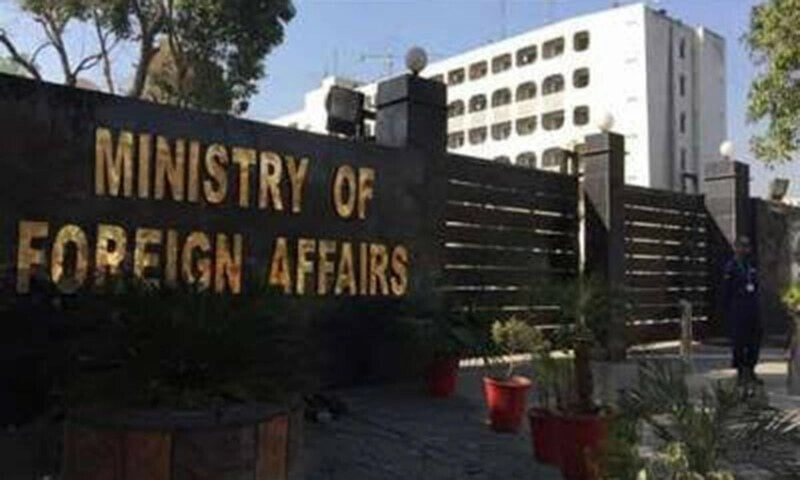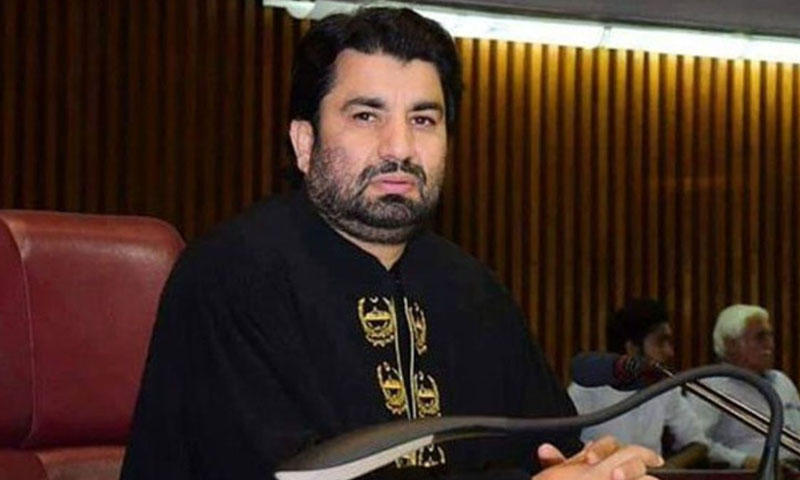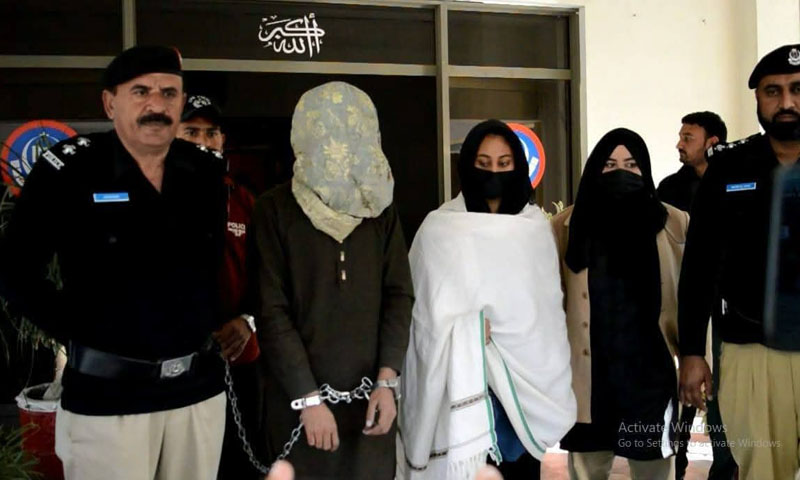- Web Desk
- Feb 09, 2026
Pakistan denies revoking any bilateral agreement with India
-

- Web Desk
- Jun 05, 2025

ISLAMABAD: Pakistan has said that no formal decision has yet been taken to revoke any bilateral agreement with India.
This clarification from the spokesperson of the Foreign Office comes a day after Defence Minister Khawaja Asif declared the Simla Agreement “defunct,” stating that the Line of Control (LoC) should now be considered a ceasefire line.
He had asserted that the status of the ceasefire line and LoC must be re-examined, adding that “we are back to the 1948 position.”
Speaking to Dawn on Thursday, a Foreign Office official said, “No formal decision has been made so far to cancel any bilateral agreement with India.”
Earlier while speaking to Geo News, Khawaja Asif referred to India’s reported suspension of the Indus Waters Treaty following the conflict after the April 22 Pahalgam attack in Indian Illegally Occupied Jammu and Kashmir. He said that the treaty does not allow any party to unilaterally withdraw.
He emphasised that all decisions regarding the treaty must be made with mutual consent. “If India has adopted this approach,” he said, “then the Simla Agreement, which is a bilateral accord with no involvement or supervision from the World Bank or any other third party, would be rendered void.
In that case, the Line of Control would once again become the ceasefire line, which was its original status according to the 1948 UN resolution on the plebiscite.”
The defence minister further asserted that “India’s actions have rendered the Simla Agreement irrelevant,” adding that its conditions—such as the resolution of bilateral disputes through dialogue—were no longer applicable.
“In the aftermath of war, the agreement as a whole holds no significance anymore,” he said.
The Simla Agreement was signed between Pakistan and India in the aftermath of the 1971 war, with then-leaders Zulfikar Ali Bhutto and Indira Gandhi as signatories.
Among other provisions, it stipulated that neither party would undertake unilateral actions, that disputes would be resolved bilaterally, and that the ceasefire line would become the Line of Control (LoC).
Regarding Kashmir, the agreement stated that the “basic issues and causes of conflict which have bedevilled the relations between the two countries for the past 25 years shall be resolved by peaceful means.”
It also obligated both sides to discuss modalities for restoring lasting peace and normalising relations.
However, Pakistan maintains that India violated the Simla Agreement in 2019 when it unilaterally revoked Article 370 and altered the special status of Indian-administered Jammu and Kashmir.
This move enabled non-Kashmiris to obtain domicile and purchase property in the region, which was seen as an attempt to change the Muslim-majority demographic of the valley — a development Pakistan also considers a breach of the agreement.
Following the Pahalgam attack, New Delhi — without presenting evidence — blamed Pakistan and, among other measures, announced the immediate suspension of the Indus Waters Treaty.
In response, Pakistan announced it reserved the right to suspend all bilateral agreements with India, including but not limited to the Simla Agreement. It also declared the closure of the Wagah border and the suspension of all trade with New Delhi.




